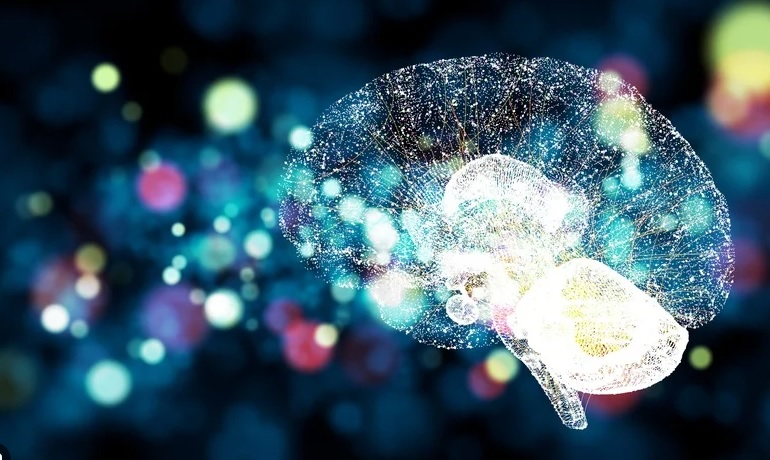The Promise and Potential of Psilocybin
LOS ANGELES– The rapid emergence of research into the potential therapeutic benefits of psilocybin, a naturally occurring psychedelic compound found in certain mushrooms, has brought with it new hope for individuals struggling with various mental health issues, most notably depression.
The recent preprint study titled “Psilocybin desynchronizes brain networks” offers a comprehensive insight into how psilocybin affects the default mode network (DMN) of the brain. The DMN plays a crucial role in defining our sense of self, with disruptions or alterations to its function being linked to various neuropsychological disorders. The regions highlighted, such as the thalamus, basal ganglia, cerebellum, and hippocampus, are all central to how we process and understand the world around us.
The act of “desynchronization” in brain networks is particularly intriguing. Essentially, this research suggests that psilocybin disrupts normal communication pathways in the brain, possibly allowing for the formation of new connections. This may be particularly useful in cases of depression, where rigid thought patterns can become entrenched.
Given the researchers’ prestigious affiliations and the detailed methodology, it’s evident that this study was conducted with the utmost care and rigor. Though the study awaits peer review, its contributions to the understanding of psilocybin’s impacts on brain connectivity are undeniable.
Historical treatments for depression have often targeted the brain’s chemical imbalances, typically through the use of selective serotonin reuptake inhibitors (SSRIs). But the focus on brain network connectivity offers a radically different approach. The idea that certain substances might “reset” or “reconfigure” problematic neural pathways is compelling, to say the least.
The 2022 study from Imperial College London and University of California, San Francisco offers further evidence of the long-term positive impacts of psilocybin on the brain. The persisting effects weeks after consumption suggest potential longer-term benefits that warrant further investigation.
Additionally, psilocybin’s potential therapeutic applications extend beyond depression. Its potential use cases for alcoholism, nicotine addiction, and even gambling addiction underscore the compound’s versatility and promise.
But as with all groundbreaking research, it’s essential to proceed with caution. As Professor Robin Cahart-Harris rightly pointed out, the long-term effects and potential for relapse post-psilocybin treatment remain somewhat of a mystery. Continued rigorous, evidence-based research is crucial to ensure that the potential benefits of psilocybin are realized safely and effectively.
Oregon’s recent embrace of psilocybin therapy and the personal testimonials from public figures like Senator Larry Campbell and NHL’s Kyle Quincey highlight the shift in societal perceptions regarding psychedelics. No longer relegated to the fringes, psilocybin is finding its way into the mainstream, offering renewed hope for those searching for alternative treatments.
With the increasing prevalence of mental health challenges globally, the potential of psilocybin as an innovative treatment option is exciting. As with all medical treatments, careful application, further research, and individual assessment are crucial. But for many, the horizon looks promising, with a mushroom-shaped silhouette appearing on the dawn of mental health treatments.




































